European nations from Serbia to Germany complained of supply cuts and Washington warned Moscow against using energy as a political tool after Russia's gas company Gazprom cut its feed to Ukraine on Sunday over a pricing row. Germany also warned Russia on Monday that its unilateral decision could harm Moscow’s ties with Berlin.
With Europe importing a quarter of its natural gas from Russia, nine-tenths of it delivered via Ukraine, Western officials have begun questioning their dependence on Russian energy.
"This kind of upheaval provokes a reaction. It is being said in Europe that it would be better to diversify sources of supply so as to be less dependent on Russia," said Alexi Malachenko, a researcher from the Carnegie Moscow Center.
Malachenko said in the next 15 to 20 years the Europeans will turn to other suppliers like Iran as well as towards costly technology such as liquefied natural gas shipped by sea.
In recent months, Russian President Vladimir Putin has toured the world promoting Russia as a secure source of fuel and brought Germany on board to build a multibillion-dollar gas pipeline across the Baltic Sea, which would be an alternative to existing pipelines through Belarus, Poland, and Ukraine. Gazprom is also negotiating with five other companies to develop a big gas field in the Barents Sea to supply gas to the United States.
"Europe needs Russian gas, so it will act in a pragmatic fashion," said Vladimir Pribylovski of the Panorama independent research center. "But seeing how Russia is capable of blackmail over its gas, there is no doubt Europe is going to try to find other suppliers."
Some analysts see the decision -- even though provisional -– as a punishment to Kiev whose pro-Western President Viktor Yushchenko has been distancing Moscow since the 2004 Orange Revolution and instead seeking NATO membership and full European Union membership in the not-too-distant future. Ukraine currently pays 50 dollars (42 euros) per cubic meter for Russian gas, arguing that it cannot afford to pay the near-market rate of 230 dollars demanded by Gazprom. Yet Belarus, another ex-Soviet state allied with Moscow, still benefits from cut-price fuel.
The dispute emerged as Moscow took over the rotating presidency of the Group of Eight industrialized nations, which has put the security of energy supplies at the top of its agenda.
The showdown over gas prices between Russia and neighboring Ukraine will compel European nations to look elsewhere for supplies and consider other sources of energy, particularly nuclear energy. "We expect to also establish some form of community solidarity mechanism in case there is a gas disruption. I don't mean in this particular case, but in general," EU Energy Commissioner Andris Piebalgs told Reuters.
The standoff between Moscow and Kiev, or more generally between Moscow and the European Union, would give support to the argument of Iran, which insists it should produce nuclear fuel for its needs, since there is no guarantee that Iran will be able to buy fuel from the international market for producing nuclear electricity in a still volatile world in which events are unpredictable. Due to its differences with Iran, the West insists that Iran should forgo its legal right to uranium enrichment and instead import nuclear fuel from abroad.
Besides manifesting the volatility of the world in terms of energy security, the row between the former Soviet republics highlighted the fact that countries which have abundant oil and gas reserves have the power to manipulate the world politically and economically. In the 1973 Middle East crisis, when the Arab states imposed an oil embargo on the West for its support of Israel, it was proven that energy is a powerful tool.
Although the U.S. was a vocal critic of the then-divided Europe during the Cold War for its reliance on the Soviet Union for gas supplies, the Soviets never threatened to cut gas supplies to Western Europe.
The current gas row demonstrates that even after the collapse of the Soviet Union and the fall of the Berlin Wall, the increasingly united Europe is still years away from an ideal situation, as it has recently witnessed the bloody Balkan wars, massive social unrest in France, the horror of terrorism, the emergence of unilateralism in the run-up to the U.S. invasion of Iraq, the consequent division in the Western camp, and the vulnerability of its energy supply.
MS/HG
End
MNA




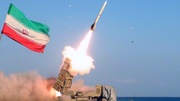
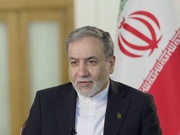
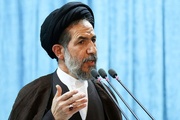

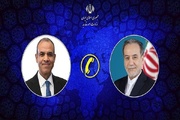

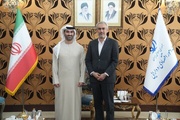
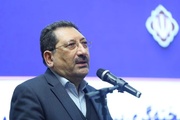









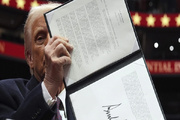
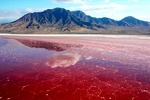

Your Comment